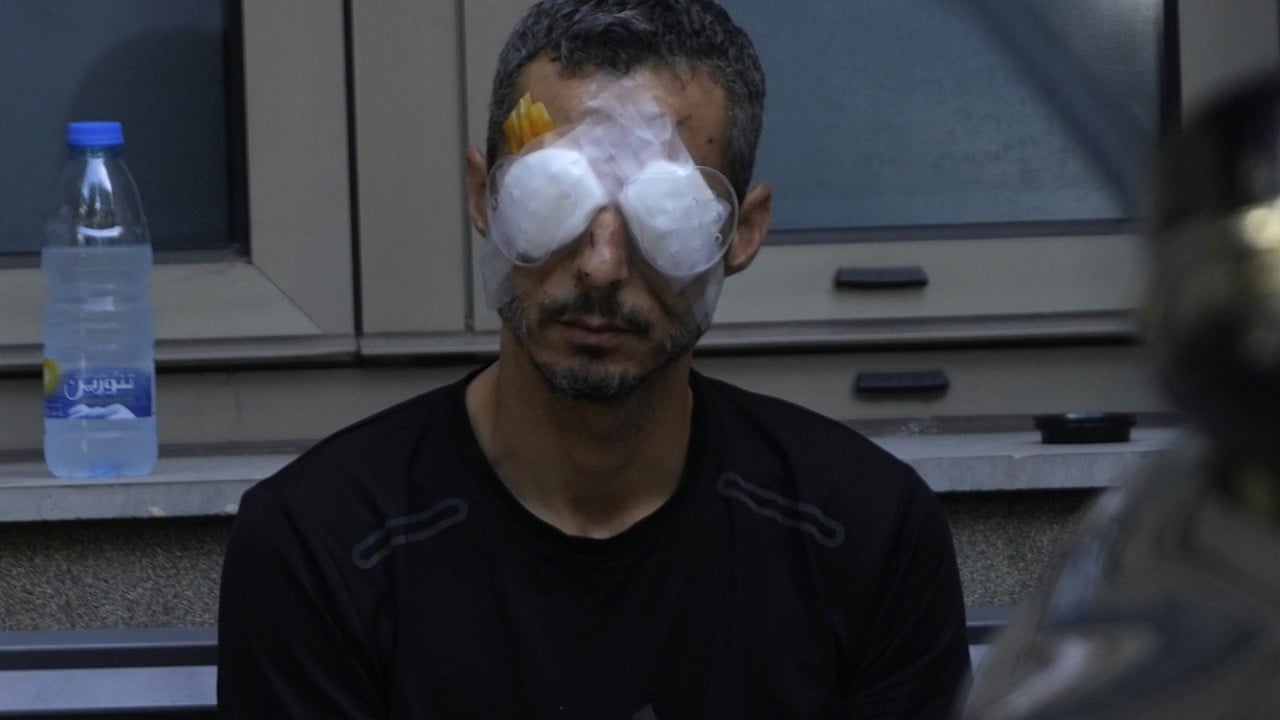For almost a week, ophthalmologist Elias Jaradeh has worked around the clock, trying to keep up with the flood of patients whose eyes were injured when pagers and walkie-talkies exploded en masse across Lebanon.
Advertisement
He has lost track of how many eye operations he has performed in multiple hospitals, surviving on two hours of sleep before starting on the next operation. He has managed to save some patients’ sight, but many will never see again.
“There is no doubt that what happened was extremely tragic, when you see this overwhelming number of people with eye injures arriving at the same time to the hospital, most of them young men, but also children and young women,” he told Associated Press at a Beirut hospital this past week, struggling to hold back tears.
Advertisement
Lebanese hospitals and doctors were inundated after thousands of handheld devices belonging to the Hezbollah militant group detonated simultaneously on Tuesday and Wednesday last week, killing at least 39 people.

Around 3,000 more were wounded, some with life-altering disabilities. Israel is widely believed to have been behind the attack, although it has neither confirmed nor denied its involvement.

